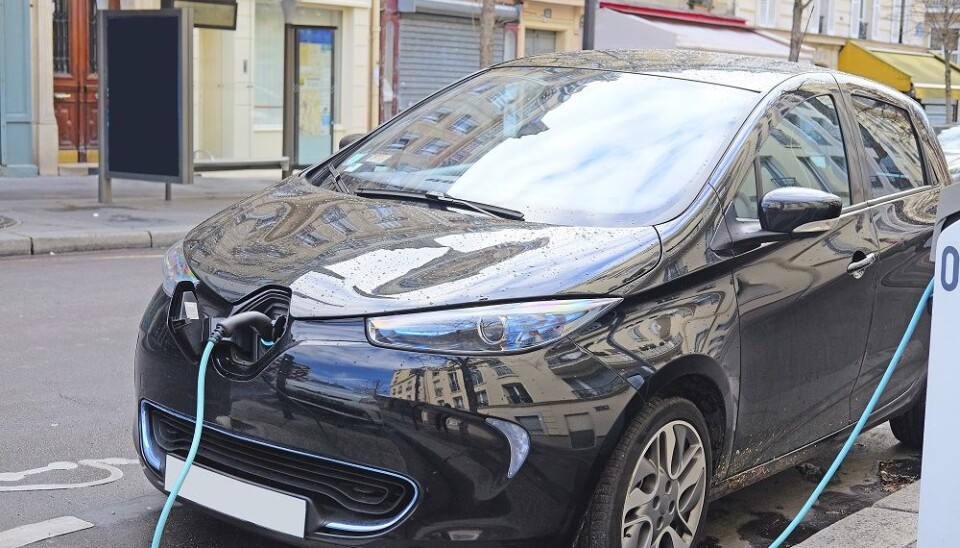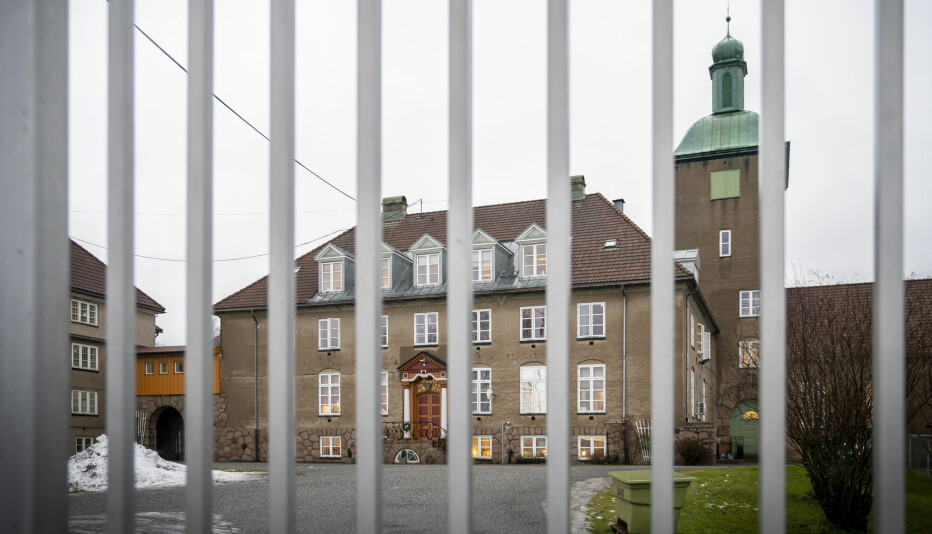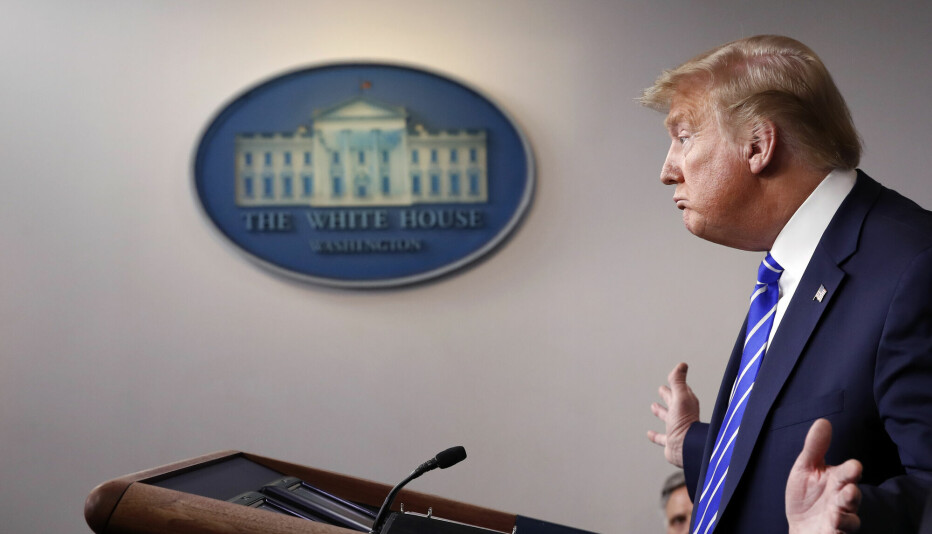An article from University of Oslo

Changing the world by changing social norms
Political initiatives have failed to solve the big global problems such as biodiversity depletion, growing resistance to antibiotics and climate change. However, politics may be able to turn vicious circles into virtuous ones, by helping to effect changes to social norms.
Professor Karine Nyborg from the Department of Economics at the University of Oslo, argues that changing social norms can contribute to solving even major, global problems as politicians play important supporting roles. But they need to know when to act.
Nyborg is joined by an international team of leading economists, Kenneth Arrow, the Nobel Laureate, as well as ecologists and psychologists as co-authors of the article entitled “Social norms as solutions” published in Science.
The smoking ban – a good example
According to Nyborg, the Norwegian anti-smoking law is a good example of a political initiative that brought about a radical change in social norms. Despite the fact that the smoking ban encountered strong opposition before it was introduced, it became a great success, creating a snowball effect.
"Vicious circles may be difficult to stop, but if it can be achieved, they can turn into equally stable virtuous circles which are also difficult to stop. That’s the good news," says Karine Nyborg.
Wants to be like the neighbour
She points out that politicians are in a position to help us change self-fulfilling expectations.
"Virtuous and vicious circles come about when we, for social, economic or practical reasons, prefer to behave the same way as other people," Nyborg explains.
"This can make our expectations self-fulfilling: If you believe that most electric cars will be gone within a few years, you may fear that the network of charging stations will be reduced, and therefore be reluctant to buy an electric car," the researcher says.
"If on the other hand you believe that petrol cars will be gone in a few year and that petrol might become difficult to get hold of, buying a petrol car could seems risky. By clearly stating their investment priorities, politicians can provide an important guide that favours the most environmentally friendly initiatives," argues Nyborg.
High proportion of Norwegian electric cars
Similarly, Norwegian policies on electric cars, which are often criticised for being unreasonably expensive, have not only lowered the price of electric cars and made them a more practical motoring option.
According to Nyborg, the policies also appear to have strengthened the expectations of Norwegian motorists that Norwegian roads will continue to see a high proportion of electric cars in the years ahead.
It is therefore reasonable to expect continued good availability of charging stations and other services.
Karine Nyborg and her co-authors base their arguments on a belief that human beings are social animals and that there is good reason for us to coordinate our behaviour with others.
Eating together
"In a community of meat eaters, vegetarians will be troublesome for the cook, and their unwillingness to eat the same food as others may be interpreted as a sign of social distance. In a community of vegetarians, meat eaters will encounter the same problems. Consequently, it may be more practical and pleasant to acclimatise to the standard local diet – whether or not it involves more or less meat," she reasons.
The fact that human beings are pack animals may therefore be the key to changing social norms. If you grow up in a city where motorists are well catered for in every way, people get into their cars without even thinking about it.
If you grow up in a city where cyclists are well catered for in every way, with a wealth of cycle paths and a culture that promotes cycling, choosing to go by bike is easy. If cyclists vote for cycle-friendly politicians, this will help with the virtuous and vicious circles.






























